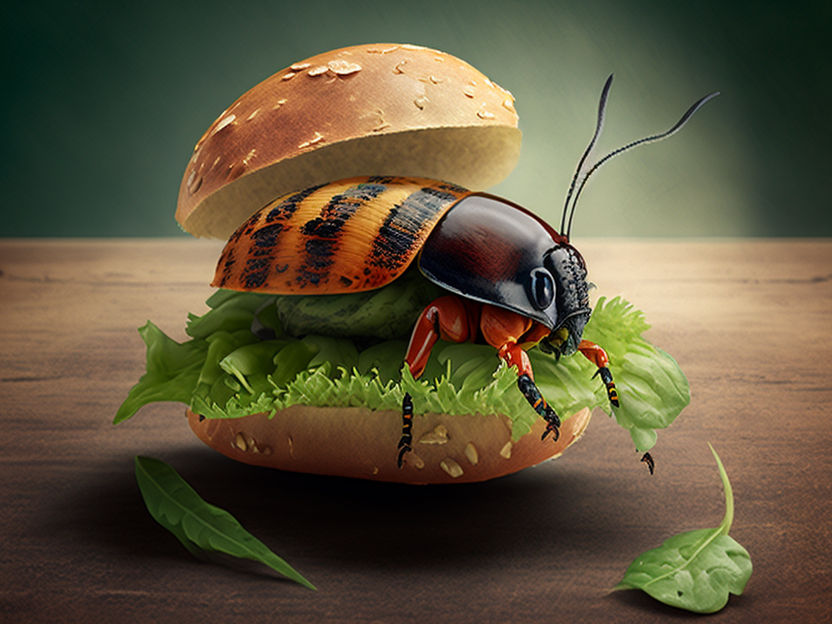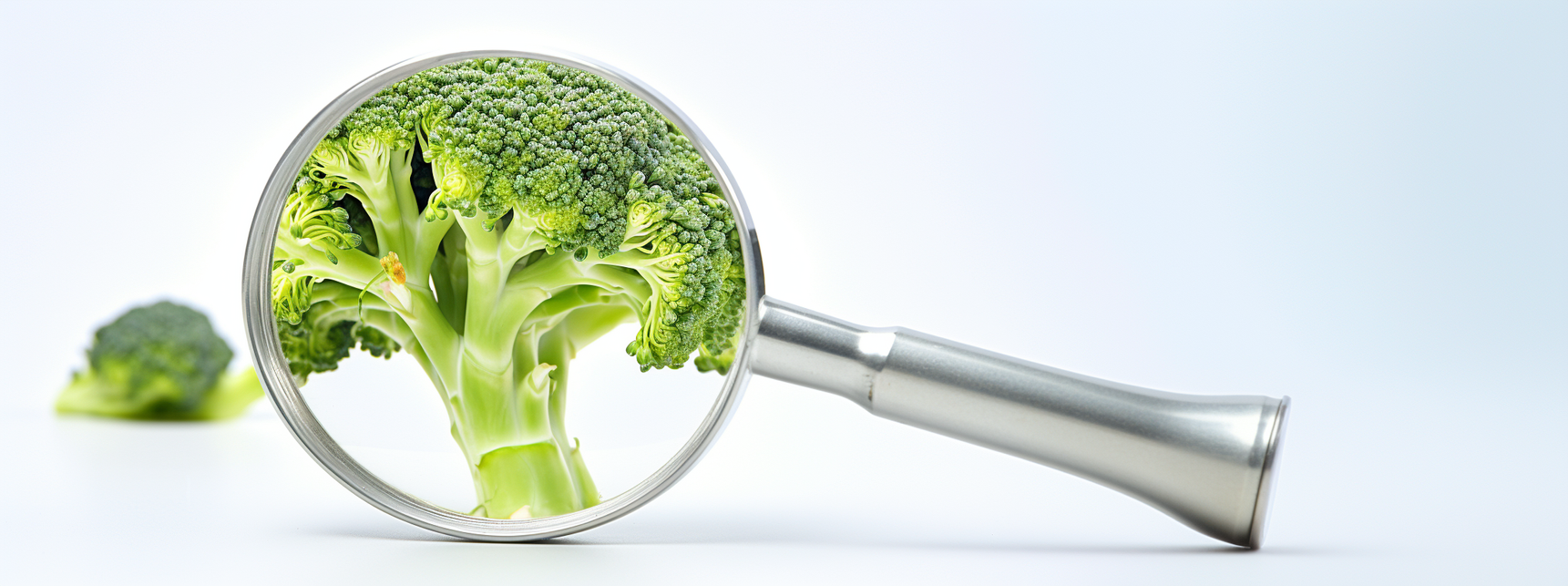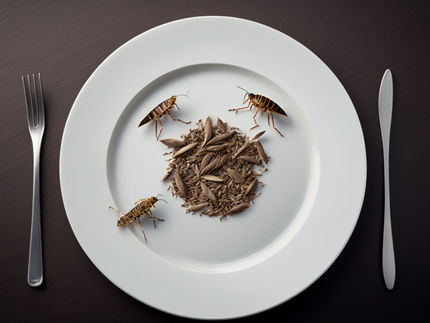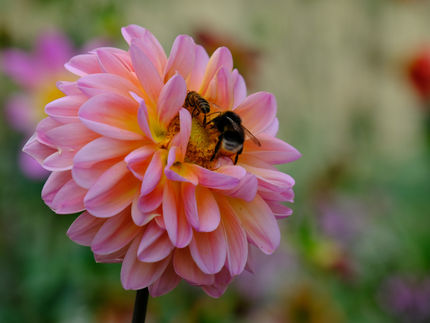Insects in food - (no) a reason to be disgusted?
Market insects as a delicacy
Bugs, caterpillars, crickets in food: In January, the EU extended the regulation for the use of insects or insect parts as an ingredient in food. Another form of presentation of the house cricket is now permitted, and the buffalo worm is a new addition. Not everyone likes it. Food chemist Dr. Ulrike Prepens, nutritionist Prof. Dr. Sigrid Röchter and business psychology professor Dr. Fabian Christandl from the Fresenius University of Applied Sciences got to the bottom of the matter.

Computer generated picture
In this country, many consumers are disgusted by insects. They believe that they are unhygienic and unhealthy and therefore have no place in food. However, about 25 percent of the world's population has a tradition of eating insects. In addition to nutritional reasons, environmental issues and concerns about global food and feed security also play an important role in the debate.
Food chemists check quality of insects
The addition of insects to food is not done arbitrarily and without controls. Food chemists examine the food ingredients and thus also the insect components. "Only after a thorough risk assessment and approval by the European Food Safety Authority (EFSA) may a product containing insects be placed on the market. A positive list prevents any health risk or misleading of consumers while at the same time ensuring the nutritional benefit," explains food chemist Dr. Prepens. In addition, food monitoring checks that the conditions of use, labeling and specifications comply with the Novel Food Regulation (EU 2015/2883). As a form of presentation or admixture, the four insects or their larvae that have been approved to date are used as a high-quality source of protein in limited proportions in dried, paste-like or powder form only by the applicant companies, for example in pasta, cookies, cereal bars or premixes for baked goods.
Insects are rich in nutrients
Not only are the ingredients of insects processed for food, insects are also available as burgers or pasta dishes in supermarkets or restaurants. This is because they can make a valuable contribution to nutrition. "Many edible insects contain high-quality protein, unsaturated fatty acids, fiber and micronutrients," Prof. Röchter knows. "Compared with conventional meat from beef, pork or poultry, edible insects are not inferior from a nutritional point of view."
They are not harmful to health, but it is known that eating them can cause allergic reactions in sensitive individuals, Röchter added. "Here, a study in cooperation with Geisenheim University and Fresenius University of Applied Sciences in the food safety course (B.Sc.) has shown that detection tests for allergens in crustaceans (crustaceans) can also be suitable for detecting allergens in insects/insect-containing foods. This makes it easier to assess the allergenic potential of such products," adds Prepens.
Marketing insects as a delicacy
There are many arguments in favor of eating insects. But how can the disgust of insects in or as food be overcome? Prof. Dr. Fabian Christandl already conducted a study in 2018 to investigate how to convince consumers to eat insects. "From our results, we can deduce that advertisers should rather promote insects as a luxury food. With this strategy, they tend to be able to convince more consumers to include insects in their diet," comments Prof. Dr. Fabian Christandl. This has also worked with other foods in the past. Lobster, for example, used to meet with little approval, but then even became established as a delicacy.
Note: This article has been translated using a computer system without human intervention. LUMITOS offers these automatic translations to present a wider range of current news. Since this article has been translated with automatic translation, it is possible that it contains errors in vocabulary, syntax or grammar. The original article in German can be found here.
Other news from the department science
Most read news
More news from our other portals
See the theme worlds for related content
Topic world Food safety
Food safety is at the heart of the food and beverage industry. It ensures that the food we eat every day is not only nutritious, but also free of harmful contaminants. From field to plate, the industry monitors and regulates every step of the process with strict quality controls, advanced testing methods and continuous research.

Topic world Food safety
Food safety is at the heart of the food and beverage industry. It ensures that the food we eat every day is not only nutritious, but also free of harmful contaminants. From field to plate, the industry monitors and regulates every step of the process with strict quality controls, advanced testing methods and continuous research.




























































